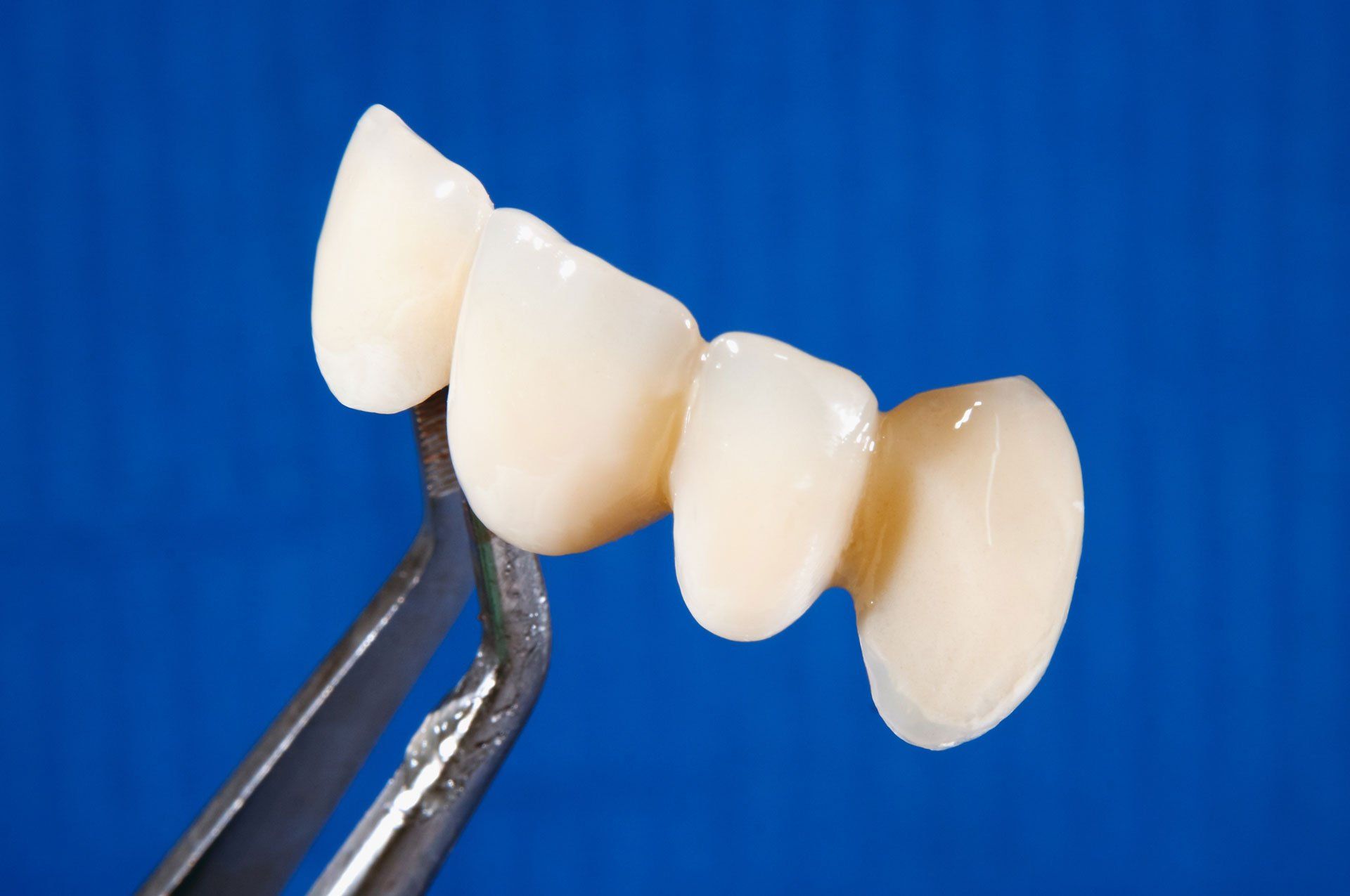Denture Reline: What Is It and Do I Need One?
The average set of dentures will last anywhere between 5 and 10 years. The reason why dentures eventually fail is because of normal wear and because as people age, the shape and size of their jawbone changes. When this occurs, the denture wearer has two options: replace the denture completely or have them relined.
Relining is a more cost-effective option that can help extend the life of your dentures. Here is some information about denture relining and signs that it's time to ask your dentist about this process.
WHAT IS DENTURE RELINING?
When patients first get their dentures, they typically fit like a glove. This is because they are created from a mold of the patient's mouth. As a patient ages, and after their tooth loss, the bones that once supported those teeth begin to degrade. This degradation, in addition to other factors such as certain illnesses and weight loss, will cause the dentures to fit improperly.
Relining refers to the process of repairing or strengthening the surface of the dentures with acrylics. This eliminates the need for a patient to have a new set of dentures created, which can save them money.
CHANGES IN SPEECH
A new patient may need several days to become accustomed to their dentures. The dentures can cause them to slur their speech, lisp, or have trouble speaking in general. Fortunately, most of the time, the issue is temporary and once the patient learns how to speak with dentures it their mouth, the problem goes away.
If you're suddenly starting to have trouble speaking again, consider relining. When your mouth outgrows your dentures, they will slip and make it hard for you to talk.
In addition to having trouble speaking, you might notice you're having trouble eating. This issue could also be because your dentures are slipping.
ORAL SORES
If your dentures are slipping, you may get into the habit of adjusting them or learning to live with it. Unfortunately, weeks of allowing your dentures to slip around in your mouth can lead to a very uncomfortable issue: oral sores. The oral ulcers or sores are caused by your ill-fitting dentures rubbing against your gums.
When left untreated and if you do not have your dentures relined, oral sores can lead to an oral infection. Symptoms of an oral infection include:
-
Fever
-
Pain at the site of the oral sore
-
Swollen gums, glands, or jaw
-
Sensitivity to hot and cold food and beverages
-
Bad breath
DIFFICULTY CLEANING YOUR DENTURES
When you're enjoying your favorite breakfast oatmeal or afternoon snacks, you will be wearing your dentures. Getting food caught in your dentures is unavoidable, but luckily, you can easily soak and brush your dentures to keep them clean and germ-free. Your dentures are designed to fit tightly against your mouth, which also prevents germs from invading the inside of the dentures.
Unfortunately, as you age and the shape of your mouth changes, a gap will form between your mouth and the inside of the dentures. This will cause food particles to become trapped there. As time goes on, the particles can stain your dentures, making it more difficult to clean.
Having your dentures relined will help create a tighter seal between your dentures and mouth, which, in turn, keeps them cleaner.
If your dentures aren't fitting as well as they used to and you're having trouble eating, speaking, or are suffering from painful oral sores, it might be time to have them relined. If you have any more questions, contact Dr. Gregory B. Halls Denture Center.







